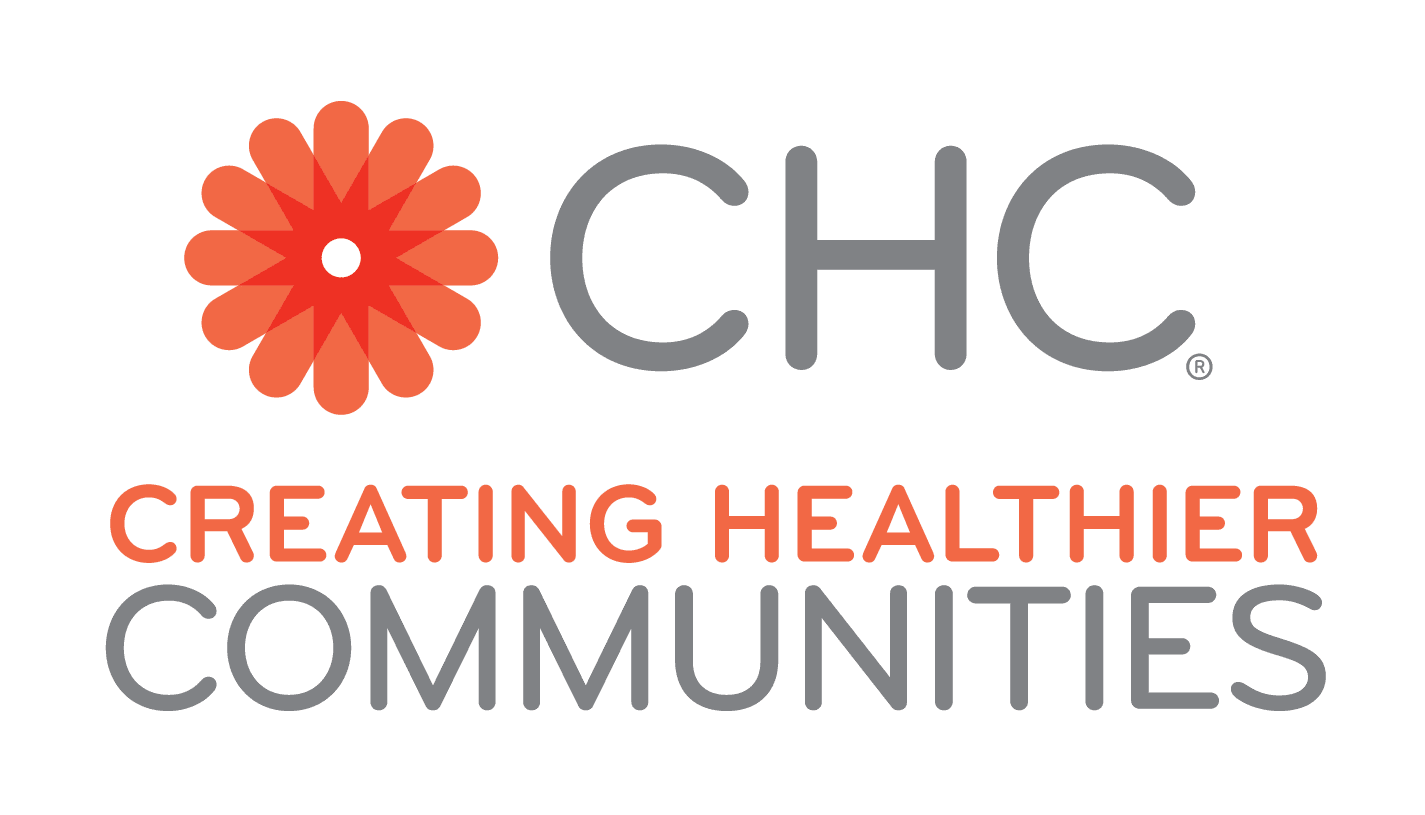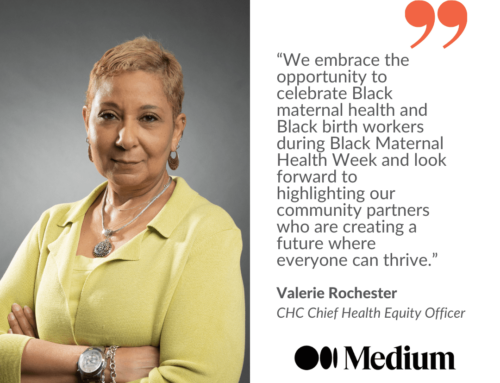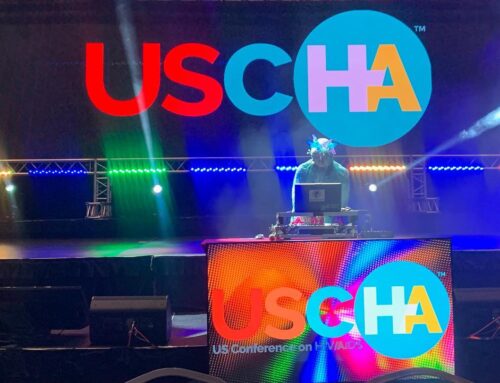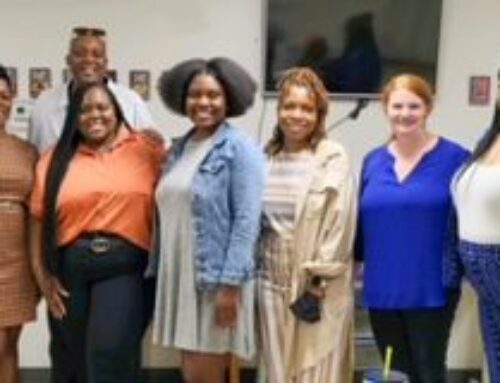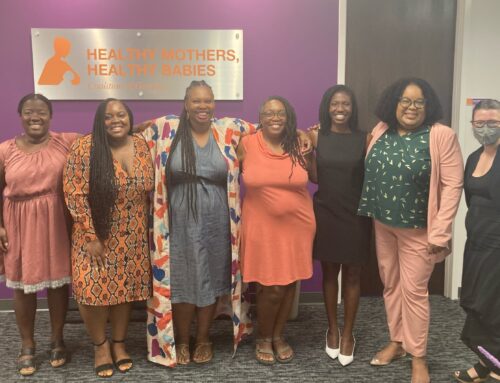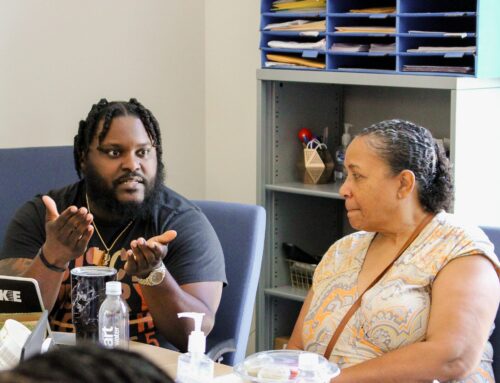Ensuring Equitable COVID-19 Distribution Through Internal Communications and Public-Private Partnership
By: Dr. Cheryl Pegus, Executive Vice President, Walmart Health & Wellness
Preparing For Distribution
The COVID-19 pandemic has been challenging for individuals and organizations alike. It has also importantly exposed the magnitude of U.S. health inequities to leaders across the country. The Walmart Health and Wellness business is committed to expanding access to healthcare across the country by providing care locally in communities. COVID-19 has made this an even more urgent, sharper focus. With our role in testing and vaccines, we have the opportunity to ensure communities of color and rural communities receive equitable access. Walmart and Sam’s Club operate more than 5,000 pharmacies in the US and Puerto Rico, many of which serve rural and medically underserved areas. With 150 million people passing through our doors each week, we’re in a unique position to reach people where they already shop for everyday essentials and healthcare, so it’s important that we do our part in vaccine education and administration.
As you may remember, in March 2020, Walmart was one of several organizations that partnered with the Department of Health and Human Services (HHS) to offer our parking lots for a federal COVID-19 testing program. We were happy to do so, and this later evolved to us running hundreds of HHS testing sites in our parking lots and through our pharmacy drive-thru windows. With our scale and integration into the communities we serve, it was a natural fit, and it follows that we’d be involved in vaccine administration once it became available.
Our path to ensuring equitable vaccine distribution started long before the vaccine was available. We began by spending time with vaccine manufacturers to fully understand the safety and efficacy so we could confidently and proactively answer our team’s questions. From there, we worked with our field and home office health and wellness teams to ready ourselves for a vaccine that would be different from the flu vaccines we were used to administering, and would likely be offered in phases. An important part of our preparation was ensuring our pharmacists and pharmacy technicians were able to ask questions so they were at ease with their roles in administering the vaccine and as the face of Walmart’s overall vaccine administration.
Communicating Internally
As the largest private employer, we also faced the important task of communicating with the entirety of our 1.5 million associates in the United States. Throughout COVID-19, we built a cadence around communication that our associates learned to trust. It was natural to fold vaccine communications into this cadence, starting with building out our intranet with vaccine FAQs and resources. We’ve also been providing regular updates and ensuring our associates are hearing from a diverse group of leaders – those with whom they have already built trust. It’s also important for associates to hear from varied populations – those who are eligible for the vaccine and received it, talking about their experiences; pharmacists who are making a difference in their community and what it means to them to help vaccinate their neighbors; associates who are excited to get it when it is their turn and why the want to get it; and hearing from customers who are so appreciative of Walmart and their excitement in getting the vaccine. Our messaging is all grounded in empathy and the understanding of different viewpoints.
Supporting Our Communities
Our associates are the heart of our company, but they are also deeply embedded in the communities in which they serve, so it’s important that we also educate the communities of which we are a part.
To that end, we’ve built a public facing site with FAQs, information about state-by-state resources on prioritization, and information on how to get a vaccine when eligible. We are also launching vaccine awareness campaigns in English and Spanish, including working with the ad counsel on educational campaigns aimed at minority groups where vaccine hesitancy is highest. In addition, Walmart Foundation just made $14 million worth of racial equity grants–$2.5 million specifically to eight national groups like NAACP, UNIDOS US, APIA Health Forum and Johns Hopkins Center for American Indian Health to help with community education and outreach around the vaccines.
Beyond education, there are two main areas where we are uniquely positioned to help ensure Americans have access to the vaccine. The first is health care deserts, which are mostly rural locations across the county where there are very few options for customers to find healthcare. We currently have 3991 Walmart locations that are located within one or more of the designated Medically Underserved Areas (Medically Underserved Areas are 16,511 areas designated by HRSA as having too few primary care providers, high infant mortality, high poverty or a high elderly population.) In addition, we have sites across many states where there are limited pharmacy options – including states with multiple locations where we are the only pharmacy in places like Ohio, New Mexico, Texas, Wisconsin, Minnesota, Colorado, Ohio, Illinois, Oregon, and Washington.
The second is in underserved communities. Walmart has the reach and willing labor force to conduct weekly or biweekly events in underserved communities. We are holding and have held events like this in the past at third party locations like churches, stadiums, boys’ and girls’ clubs, etc. in partnership with community stakeholders such as NAACP, Urban League, Unidos, and more.
Partnering in Our Communities
We have the capacity to serve large numbers and mobilize quickly, and we’ve already partnered with community health leaders and government leaders to offer vaccination events. For example, the City of Chicago recently asked us at 9pm on Tuesday night to increase vaccine accessibility to underserved areas, and by Friday morning we were putting shots in people’s arms through all-day vaccine clinics. This event was an example of a public private partnership, in which we partnered with Rush Medical, state, city and local government, and community and religious leaders to provide these clinics. We partnered through every step of the way – from planning, to communications, to logistics, to administration. By working together and leaning on organizations communities had already grown to trust, we had a seamless patient experience and were able to vaccinate groups of people who may not have otherwise had access.
Walmart is also proactively reaching out to local non-profits, local elected officials and their constituent services teams, and faith-based organizations to make sure we are reaching the most vulnerable and underserved. Additionally, we are working directly with Medicare payors who have the systems to contact individuals and help inform them about their eligibility and availability for vaccines at our local stores and supercenters.
We’ll continue to partner and host events with the intention of reaching as many people as possible, and ensuring equiable vaccine distribution across the communities we serve.
Ensuring Ease of Access
In addition to going out into our communities for vaccination events and clinics, we are ensuring ease of access by offering digital scheduling for COVID vaccine appointments and follow up via SMS to remind customers on their second dose timing and schedule.
Our pharmacies remain a trusted source of support and help through navigating the vaccine experience for our customers, and our vaccine providers have undergone clinical training around vaccine hesitancy and product-specific training around each COVID 19 vaccine receiving EUA. In addition, while supplies last, we’ll offer the vaccine 7 days a week at our pharmacy counter, through planned in store vaccination clinics and mass immunization events. When we are at full capacity, we can deliver 11-13 million doses per month when supply and allocations allow.
Walmart has been a trusted partner in communities we serve across America and has always played a vital role in helping our neighbors in a time of crisis. It’s our mission to make it easier and more affordable for people to live better and healthier, and I think we can all agree that the sooner we can get back to “normal”, the better and healthier we’ll all be!
Dr. Cheryl Pegus, Executive Vice President, Walmart Health & Wellness
Dr. Cheryl Pegus is Walmart’s executive vice president of Health & Wellness. In this role, Cheryl will develop Walmart’s bold healthcare vision, leading Health & Wellness across the Walmart enterprise.
She joins Walmart from Cambia Health Solutions where she was president of consumer health solutions and chief medical officer. There she was responsible for clinical and consumer strategy to increase access to affordable, equitable care. She directed platform consumer solutions including Journi, clinical services, pharmacy, provider and medical management activities.
After working in private practice for several years as a cardiologist, Cheryl joined Pfizer where she focused on the development of clinical protocols and early disease management programs. She also served at Aetna, where her work supported a focus on wellness, women’s health, health equity initiatives and predictive analytics. Cheryl served as the first chief medical officer at Walgreens.
Additionally, Cheryl is co-founder of A New Beat, an organization dedicated to improving the cardiovascular health and careers of women and under-represented minorities. She sits on the board of the American Heart Association and is the immediate past board chair for the Association of Black Cardiologists.
Cheryl received her bachelor’s degree from Brandeis University. Her medical doctorate is from Weill Cornell Medical College, and she has a master’s degree in Public Health from Columbia University Mailman School of Public Health.
